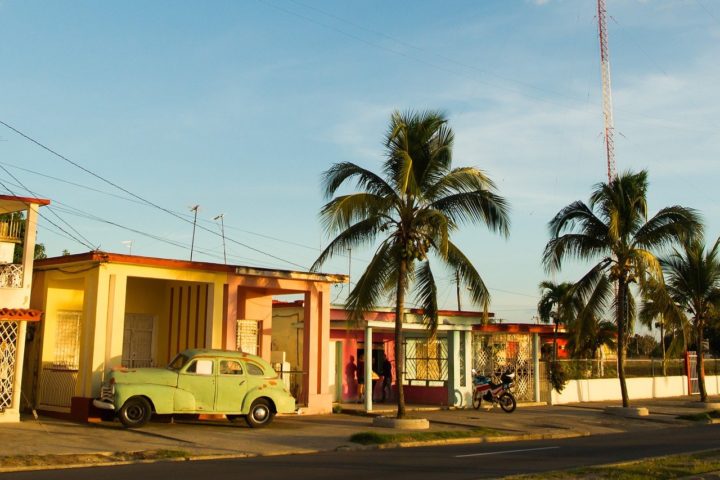A unique project developed by researchers at the University of Reading is celebrating and promoting the cultural and social identities of rural communities in Cuba.
Rural development in Cuba has historically been neglected, due to a common international propensity to regard the culture of Cuba as synonymous with that of its capital Havana, combined with acute disinterest in rural areas from the country’s central government.
This is now changing thanks to a research project by Professor Par Kumaraswami at the University of Reading, involving community groups from three diverse, geographically isolated and historically disempowered municipalities within the Granma region of Cuba.
While these communities have historically been wary of each other as a result of various rivalries and hierarchies, their participation in the research project offered them an opportunity to meet each other on ‘neutral ground’. Their shared frustration at the lack of support from the Cuban government led to their decision to work together to develop and celebrate their distinctive regional culture and to make their unique heritage more visible.
With Kumaraswami’s support, the communities delivered a programme of events and activities to promote their rural culture and to build their regional, national and global identities through literary participation.
Kumaraswami’s work has had a profound effect on the communities of Granma province. The social cohesion that has formed as a result of the project has led to the co-creation of a number of sustainable tourism initiatives and the development of a digital platform to promote self-recognition, increase confidence and encourage investment in the preservation of cultural identity for the benefit of generations to come.
Find out more
View the full impact case study on the REF 2021 website: Enabling and empowering marginalised Cuban communities to define and develop their cultural identity

